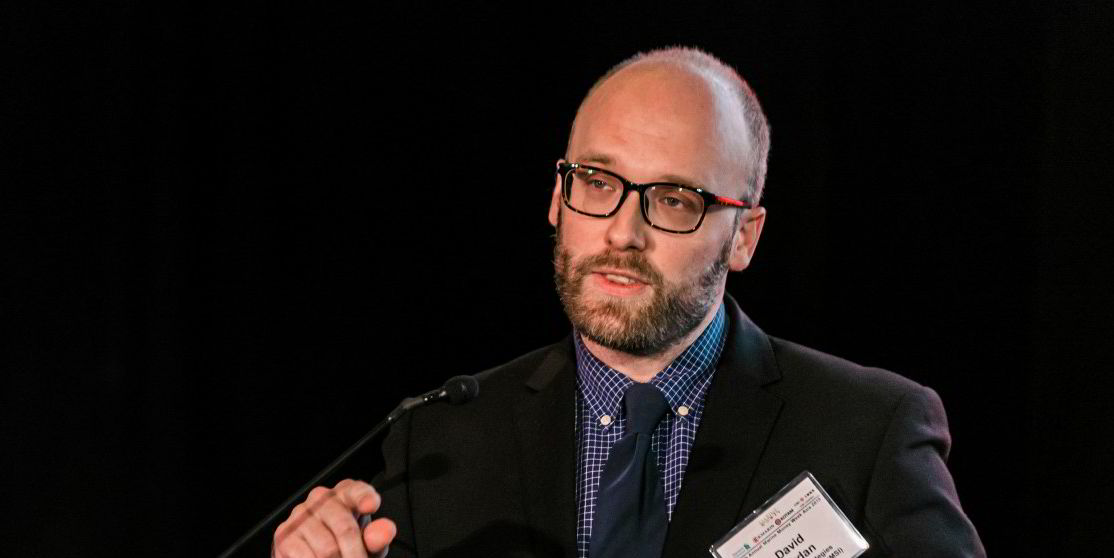Crude tanker owners are still facing difficult market conditions in the months ahead due to slow growth in seaborne trade, senior analysts told an industry forum.
The gloomy outlook comes as spot tanker earnings remain below break-even levels for many shipowners in various segments, despite forecast increases in Opec+ supply and oil demand later this year.
Clarksons Platou Securities’ latest assessments show average 2011-built VLCC earnings at just $7,300 per day, with suezmaxes earning $8,500 per day and aframaxes at $6,200 per day.
During the Baltic Freight and Commodity Forum held virtually on Wednesday, Maritime Strategies International (MSI) Asia director David Jordan said the pace of trade recovery remains slow amid renewed coronavirus outbreaks.
Without “extraordinary” factors like floating storage demand seen last year, Jordan suggested tanker markets would be pressured by low employment rates this year.
Global crude demand is expected to rise 5.3% in 2021 after a 9% fall last year, according to MSI. The consultancy forecasts crude production would increase by 2% this year.
Jordan said seaborne trade volume would grow by 2.5% to 3% in 2021, a relatively modest rebound.
“It’s not going to be in 2022 that the recovery starts to materialise,” he added.
Georgi Slavov, global head of fundamental research at brokerage Marex Spectron, expected a gradually recovery in crude trade and limited growth in long-haul trades over the next few quarters.
“We don't see seaborne demand reaching the 2018 level within 2021 and 2022,” Slavov said. “We’re also not seeing any increase in the mileage.”
He added that the pessimism partly results from changing lifestyles prompted by the Covid-19 pandemic and growing focus on cleaner energy, which leads to erosion of oil demand.
“A very crude example: I used to go on a business trip every two or three weeks for the last five [to] seven years,” Slavov said. “I don't think this will come back ever, even if we are all vaccinated, even if all economies open.”
Some oil experts expects the world’s oil consumption to peak in the 2020s due to more usage of low-carbon energy sources.
But Baltic Exchange chairman Denis Petropoulos said shipowners can still look to take advantage of occasionally rate spikes despite general market woes.
Freight rates tend to rise much more than demand growth in short periods, especially in the large tanker segments, he added.
“When I see those volatile moves,” Petropoulos added. “I feel it's a very good signal for the shipowners to get back into an area where they can make some profit.”



